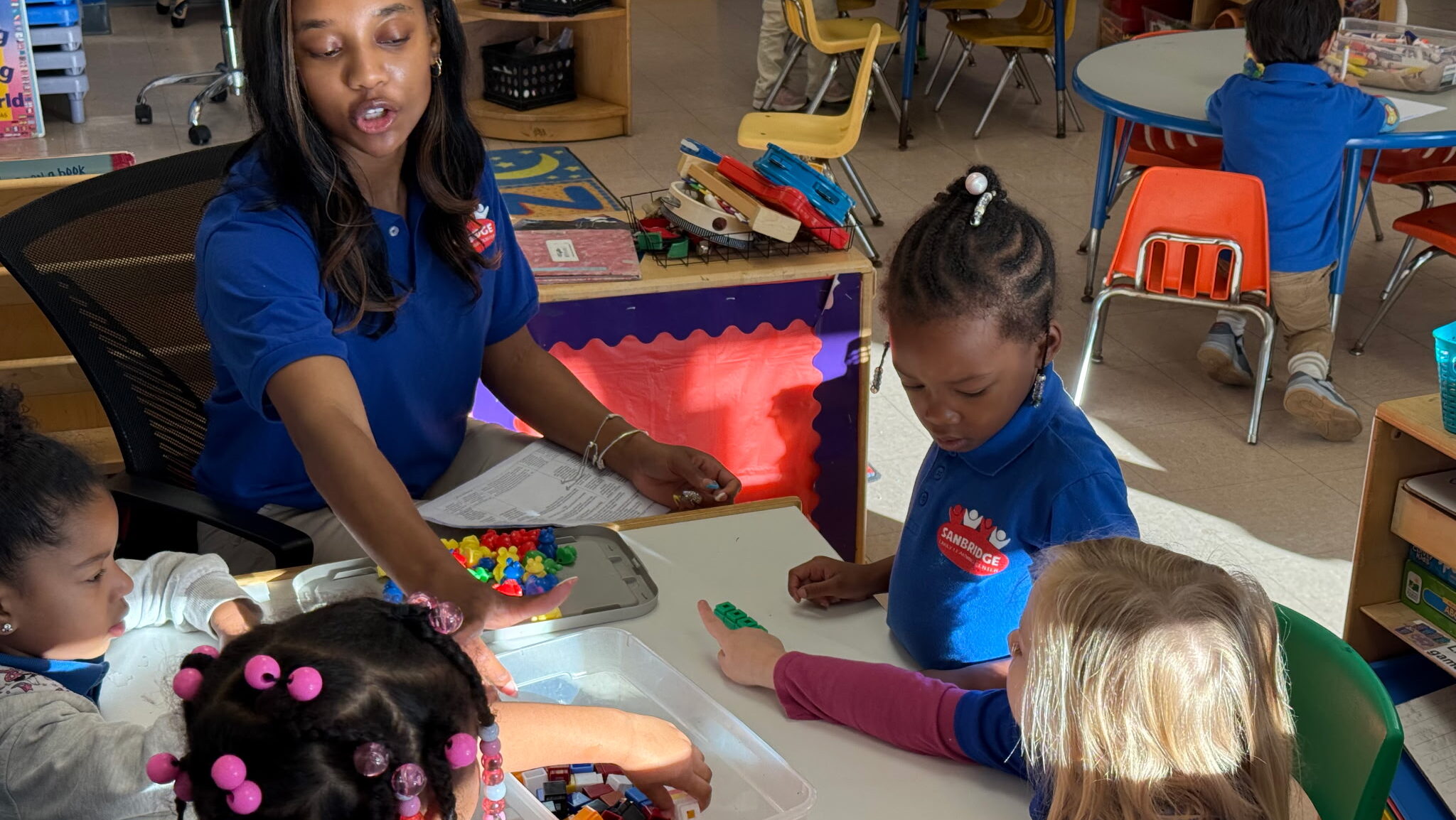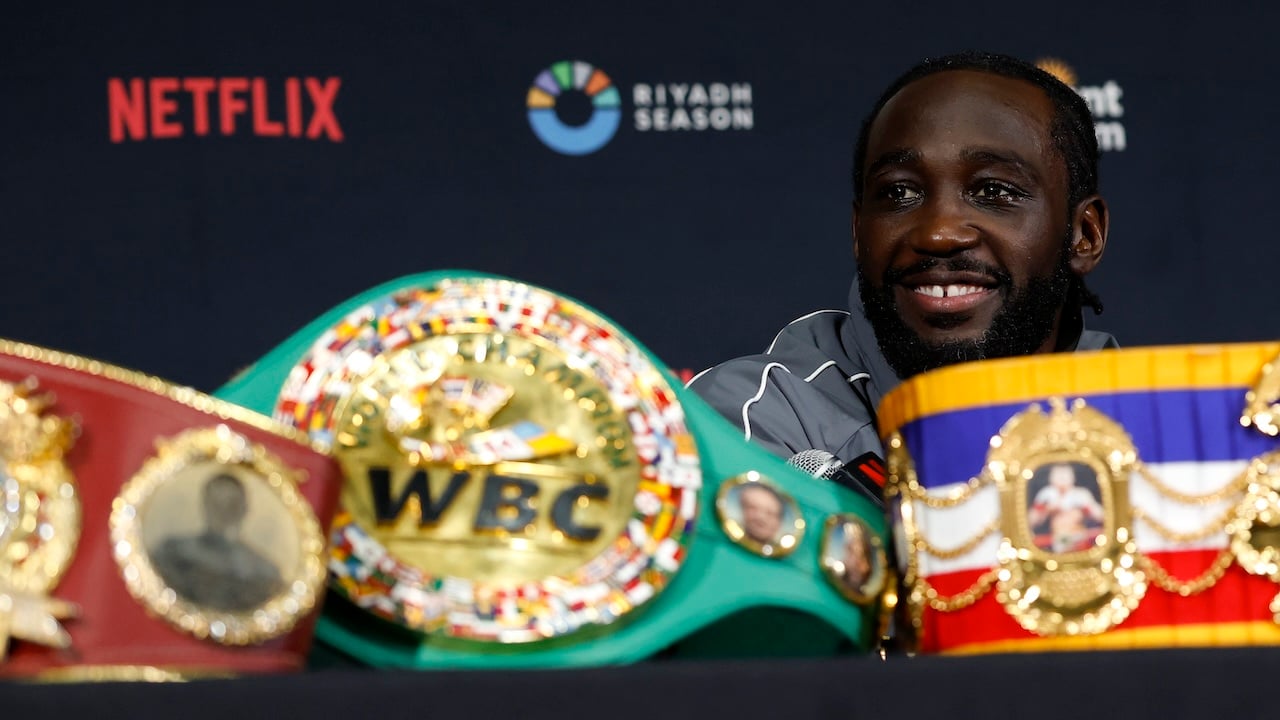
As the last blazing hot days of summer come to an end and the kids settle in for another school year, working moms (and all parents, really) are bombarded with the message, “Soak up these days! You only have 18 summers with your kids. Savor the moment.”
The concept originated (arguably) with Jim and Jamie Sheils, author and parents of five kids, who wrote The Family Board Meeting and are also real estate investors. Their book’s subheadline reads, “You have 18 summers to create lasting connection with your children.”
It’s a concept and a hashtag that influencers have run with ever since. For working parents, those messages are fraught with so many guilt-inducing issues, self-blame and general overwhelm that they shouldn’t have to deal with on top of the regular stressors of working and parenting life. Yet, the posts continue.
Mid-workday, while I already wonder if I’ve skipped enough work taking kids to the water park, and if they’ve had enough long summer nights playing family wiffle ball in the yard while the ice cream truck rolls up, it happens again. A post showing the sand literally running out, even featured in wall art for nurseries. Moms galloping down the beach with their kids pleading I savor the moment.
“The ‘18 summers’ concept adds such a tremendous amount of pressure to what parents already feel. There’s expectations from society, and maybe ourselves, about the best schools, healthy foods, attachment, self-care, body size and plenty more,” says therapist and clinical social worker Sarah Baroud. “To add another layer of this finite time we have with our kids to make it perfect or to seize every second is simply setting us parents up for a huge sense of failure.”
Here’s why some parents, especially working parents, are pushing back on this notion, pressure and guilt-inducing concept.
1. It creates urgency rather than slow-down
It’s not that 18 summers is incorrect, in its concept. It’s that it has the opposite effect from its intentions. Instead of creating a sense of slow-down, savoring moments with our kids and building relationships, it pushes us to do more, be more and ultimately stress more.
Adding a sense of time melting away isn’t helpful — instead, parents need encouragement about slowing down and doing less. I can go on an all-day adventure with my kids and be mentally not there, or worried about how it will impact work. On the other hand, I can get on the floor and play legos with them for a short time each day and build a stronger bond than that. Baroud says instead to aim for “10 solid minutes each day of true presence.”
2. 18 summers invalidates us needing a break, too
Working parents undoubtedly almost always need a vacation, but often can’t take one for a variety of reasons. Pushing us to do even more for, and with our kids, can discourage parents from taking solo breaks, creating personal boundaries to ensure they are the best for their kids and eliminate self-care necessities. For example, a parent leaving work early to ensure their child can do a fun summer activity might not get their own workout in, or be able to make a healthy meal for themselves.
“Historically, there’s been a narrative about the preciousness of parenthood and how fleeting it is. That is true. And it’s extremely challenging at times. We are making more space for that in current parent conversations and I think it’s quite literally saving our mental health,” Baroud says, adding that we can love our kids wholly and still need a break ourselves.
3. 18 summers implies our relationships with our kids end at 18
Here are some must-have facts if you are going to buy into the “18 summers” vibe:
- Over half of young adults live with their parents, for the first time since the Great Depression. These 18- to 29-year-olds are most definitely not cutting ties with their parents at 18.
- Only 6% of adult children are estranged from their mothers—this means there is a very high likelihood that your relationship with your child will extend beyond high school graduation.
- One in four adult children calls their mom daily. Another one in four calls a few times per week. Thirty-five perfect call once per week. Only 12% think once a month or less is best, CBS reports.
All facts point to parents continuing to bond with their children far beyond their 18th birthday. The sand running out after the 18th summer isn’t based in logic or statistics.
4. 18 summers unfairly pressures working parents
For many working parents, summer isn’t much different from fall, winter or spring, in that they go to work, kids go to camp or childcare, and they throw in some fun at the pool on evenings or weekends. But social media posts around #18summers paints a widely different picture, with expensive and time-consuming outings that just aren’t the norm for many families in the summer.
“Society and social media don’t help with our need and desire to be more present. You may see friends on vacations, feel that your house or yard should look a certain way or that your kids don’t have the best and newest ‘fill-in-the-blank.’ The reality is none of that matters,” Baroud says.
For me, investing in a summer program where my child is happy, intellectually stimulated and spending time outside and with friends is a parenting win, and doesn’t take away from the bonding we do after work. Nobody says bonding has to happen on weekdays from nine-to-five or it doesn’t count.
5. It fills our heads and hearts with the wrong narrative. Let’s try this instead
We are not enough. Our kids aren’t getting and doing enough. Work is taking from them. Stay-at-home parents are giving their kids a “better” childhood.
These are the insecurities and negative thoughts flying around in our heads as working parents, even ones who know they are doing the right thing for their family. Baroud says instead of the #18summers narrative, let’s intentionally fill our minds with mantras that validate the bonds we are building rather than what we might miss. “Ways you can practice this are with mantras like ‘I am enough,’ and ‘My child/children are loved.’”
So today, I’m unfollowing the #18summers influencers, and instead showing myself some grace.
Photo by jacoblund/iStock.




